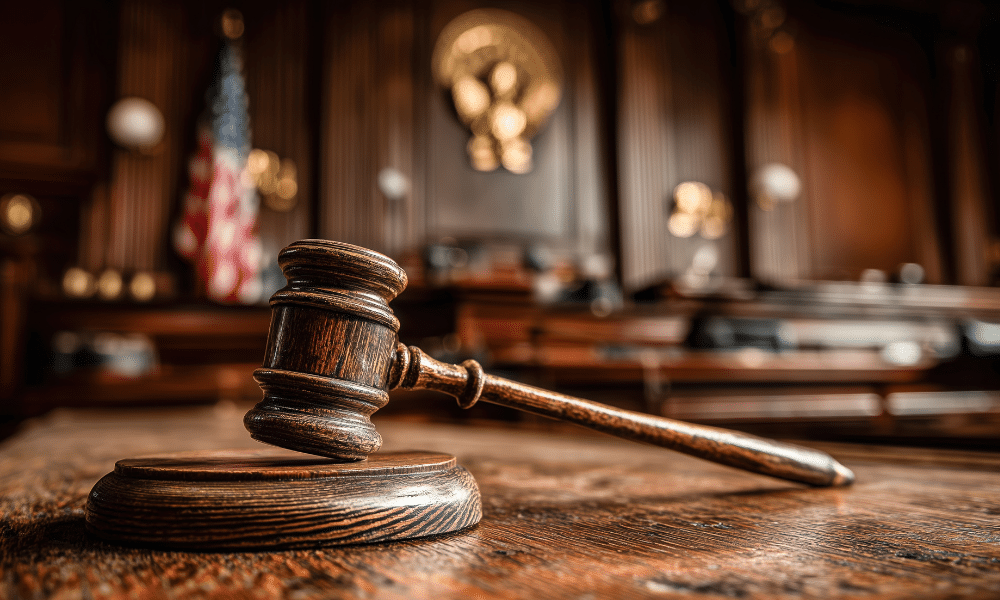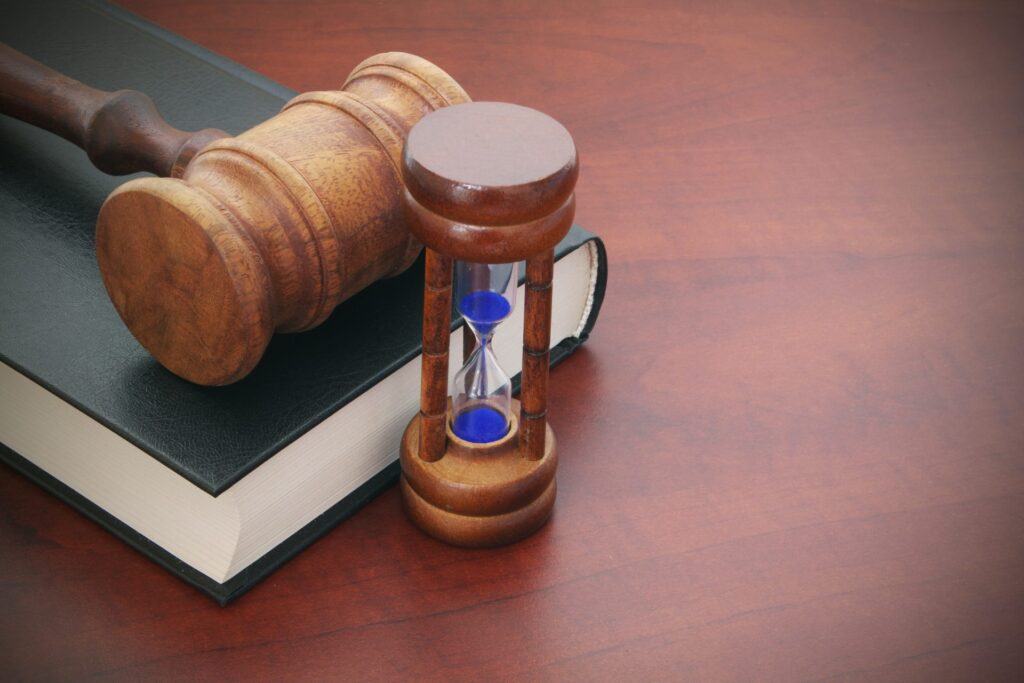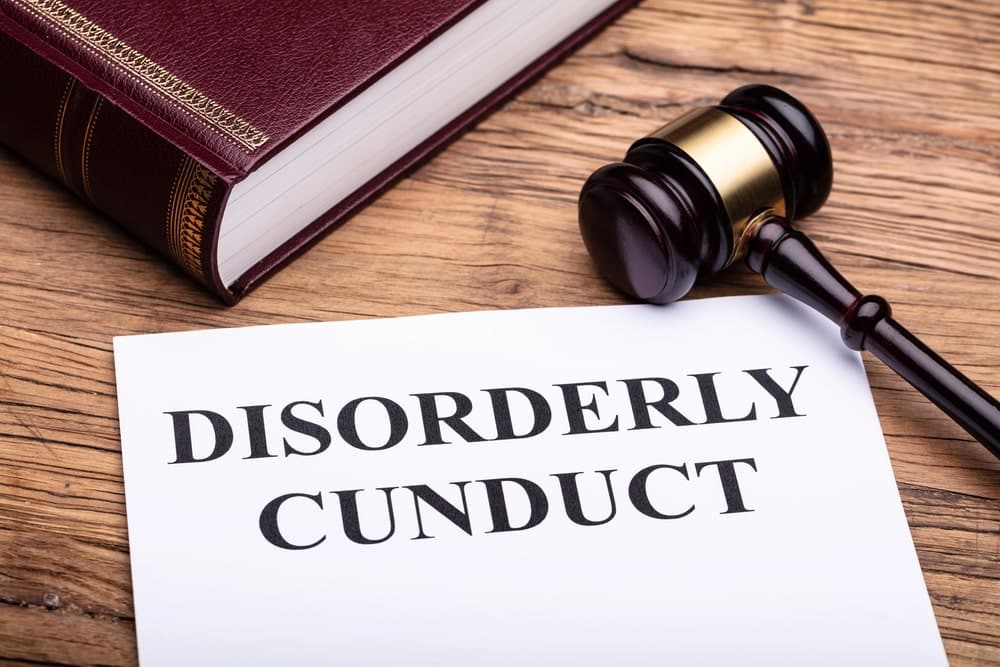What You Say During a Plea Discussion in Maine Can’t Be Used Against You: Here’s Why
Because we live in a country that relies on an adversarial system of criminal justice, you can count on law enforcement to do everything it can to punish you as much as possible. To do this, police and prosecutors try to get all the evidence against you that they can find, and try to use it at trial. This is the case, even if there are rules against them using certain pieces of evidence in a trial.
For example, if the police conduct an illegal search and find evidence that you committed a robbery, they’ll still try to use that evidence, even though it should be thrown out, it’s up to your defense attorney to stop them.
One situation that is ripe for law enforcement to get evidence against you is during a plea discussion. How you react to a plea offer could be interpreted as evidence that you committed the crime. Luckily, plea negotiations are one of the situations where law enforcement is not allowed to get new evidence. This is because of Rule 410 in the Maine Rules of Evidence.
Rule 410 Prohibits Evidence Found During Plea Deals
If you get charged with a state crime in Maine, your case will be heard in one of Maine’s state courts. These courts use the Maine Rules of Evidence, which set out what evidence can be used during the trial.
One of these rules is Rule 410, which prohibits statements that you make during a plea discussion from being admitted into court for your trial. This includes any plea offers that you make to the prosecution, or whether you accept or deny offers made to you.
Why Rule 410 Exists
There are several ideas behind this rule.
First and foremost, Rule 410 protects you by letting you engage in meaningful dialogue about a plea offer, without worrying that the prosecutor will pull the rug out from under you by retracting the offer and then using your statements during negotiaitons against you in court.
However, another purpose behind Rule 410 is a little darker. By making it easier to talk about plea deals, Rule 410 is also meant to promote settling the case out of court with a plea bargain.
Contact Our Criminal Defense Attorneys For Help Today
Rule 410 is one of the many ways that the criminal justice system tries to move cases along quickly by having them settled out of court, without a trial. Unfortunately, in many of these cases a plea bargain is a poor choice for someone charged with a crime. Taking the case to trial can be your best option, because there’s the chance that you’ll be acquitted of all charges against you.
Additionally, it’s up to your criminal defense attorney to make sure that the protections of Rule 408 are honored in court. Prosecutors have one job – convict you for the maximum penalty allowed. To prevent this from happening, you need to make sure you have a solid criminal defense attorney on your side throughout the process, fighting for your rights. Contact the law office of William T. Bly online or at (207) 571-8146.
Call 207-571-8146 or contact us online to schedule a consult with one of our highly skilled criminal defense & OUI, DUI, DWI lawyers, serving Maine, today.
Blog Articles

If you are charged with a crime in Maine, going to trial is just one of the possible outcomes. In fact, around 90 percent of criminal cases in Maine are[...]

Defendants in criminal cases typically have four options for resolving their case if the charges are not dismissed: Plea negotiation, where the defendant agrees to plead guilty (or no contest)[...]

Many people are unaware that it is a criminal offense in Maine to make a false report of an emergency that causes public alarm. Even those who are aware of[...]

A criminal conviction usually appears on criminal records for life in Maine, potentially impacting the individual’s employment, education, travel, housing, immigration status, and more. However, certain low-level misdemeanor convictions can[...]

The legal term for sentencing a convicted criminal is not required to serve is called a suspended sentence. A suspended sentence is handed down during the sentencing portion following a[...]

If you receive a traffic ticket in Maine, you may be facing far more than demerit points or an administrative penalty. You could be facing criminal sanctions and a permanent[...]

In Maine, disorderly conduct laws effectively make disturbing the peace a criminal offense. While disorderly conduct is considered one of the least serious offenses under Maine’s Criminal Statutes, it can[...]

Any criminal charge for a drug-related offense is a serious matter in Maine,but how consequential the outcomes can get may depend on whether the charge is filed at the state[...]


Self-defense laws in the U.S. are complex, vary from state to state, and are often misunderstood. “Stand your ground” laws allow an individual to use deadly force in self-defense in[...]
